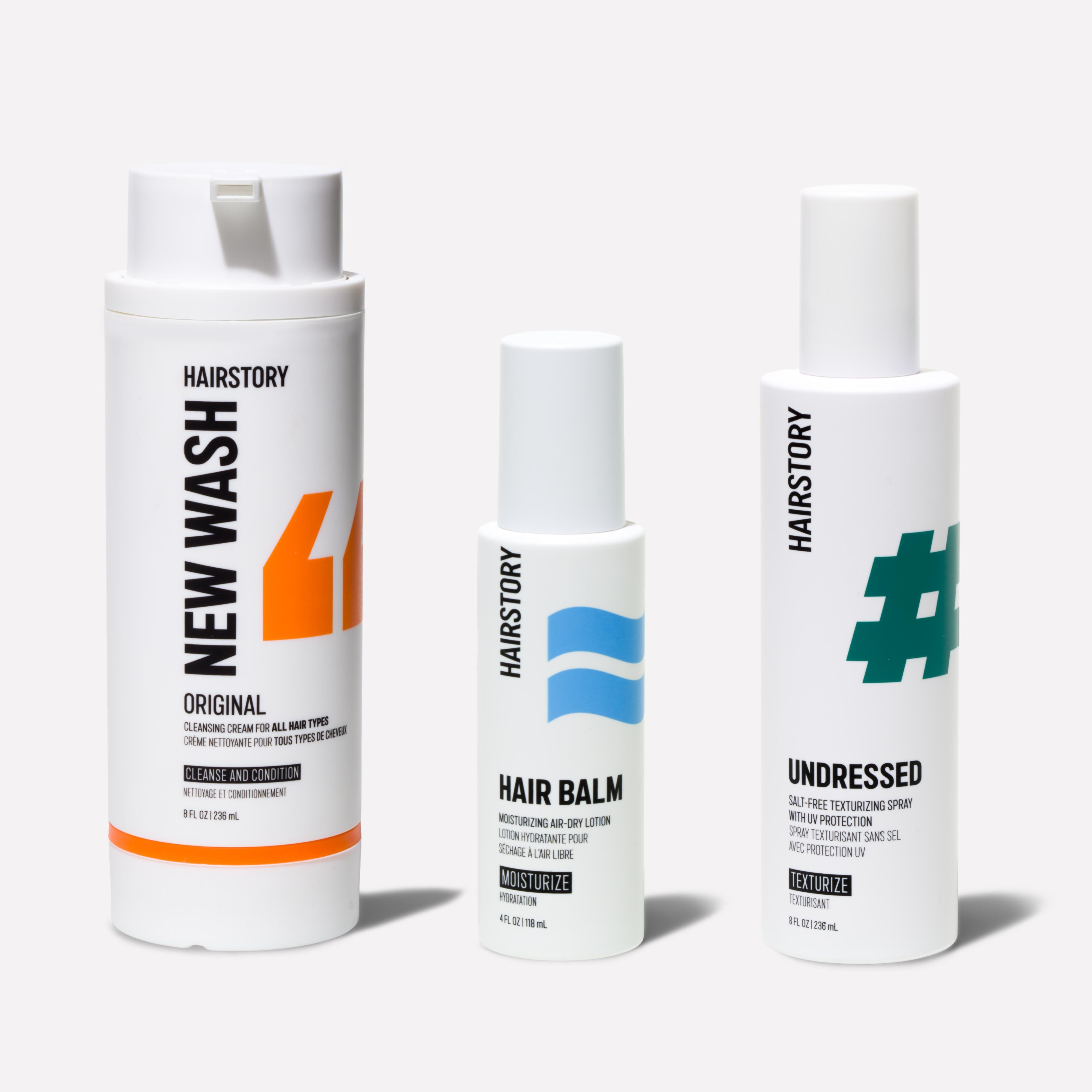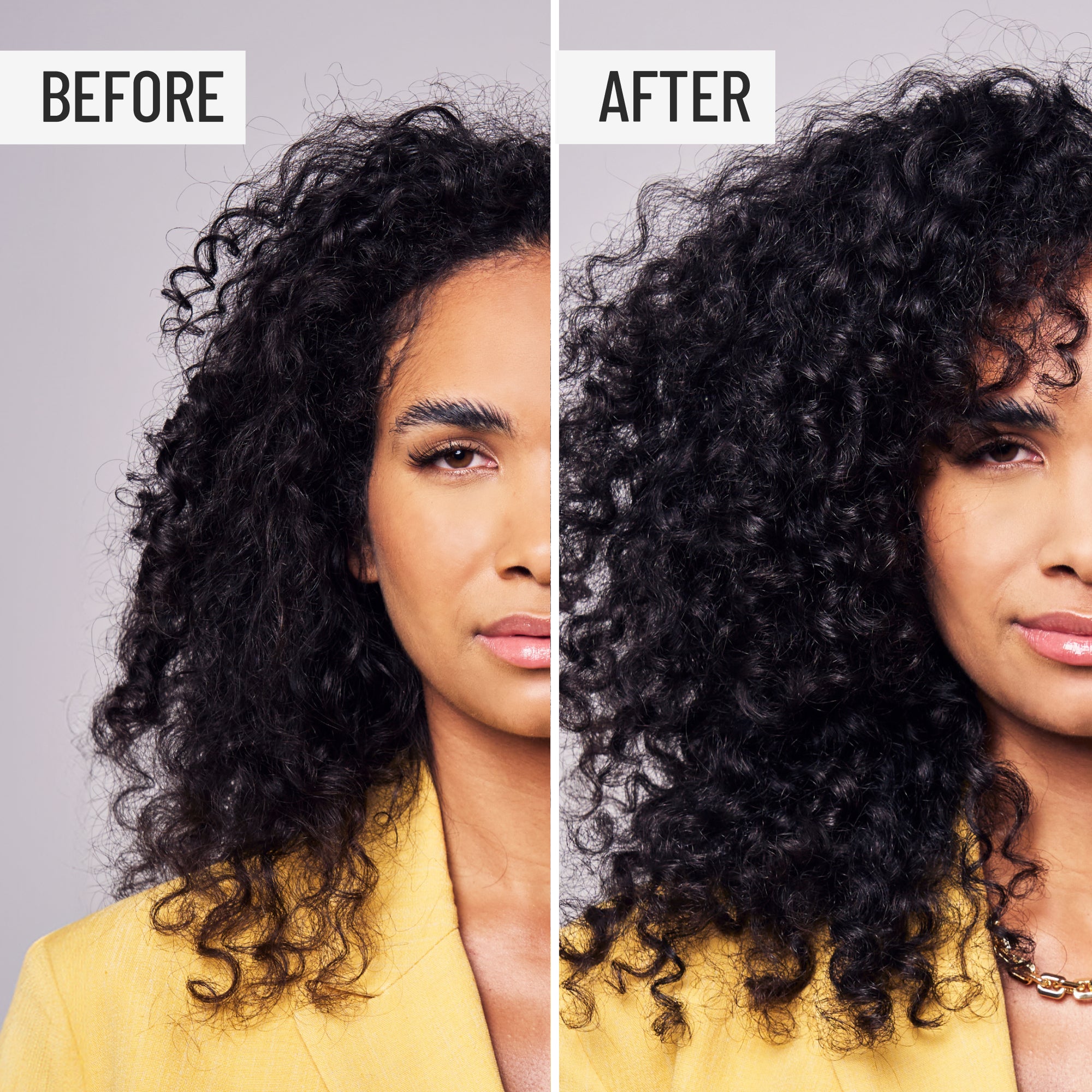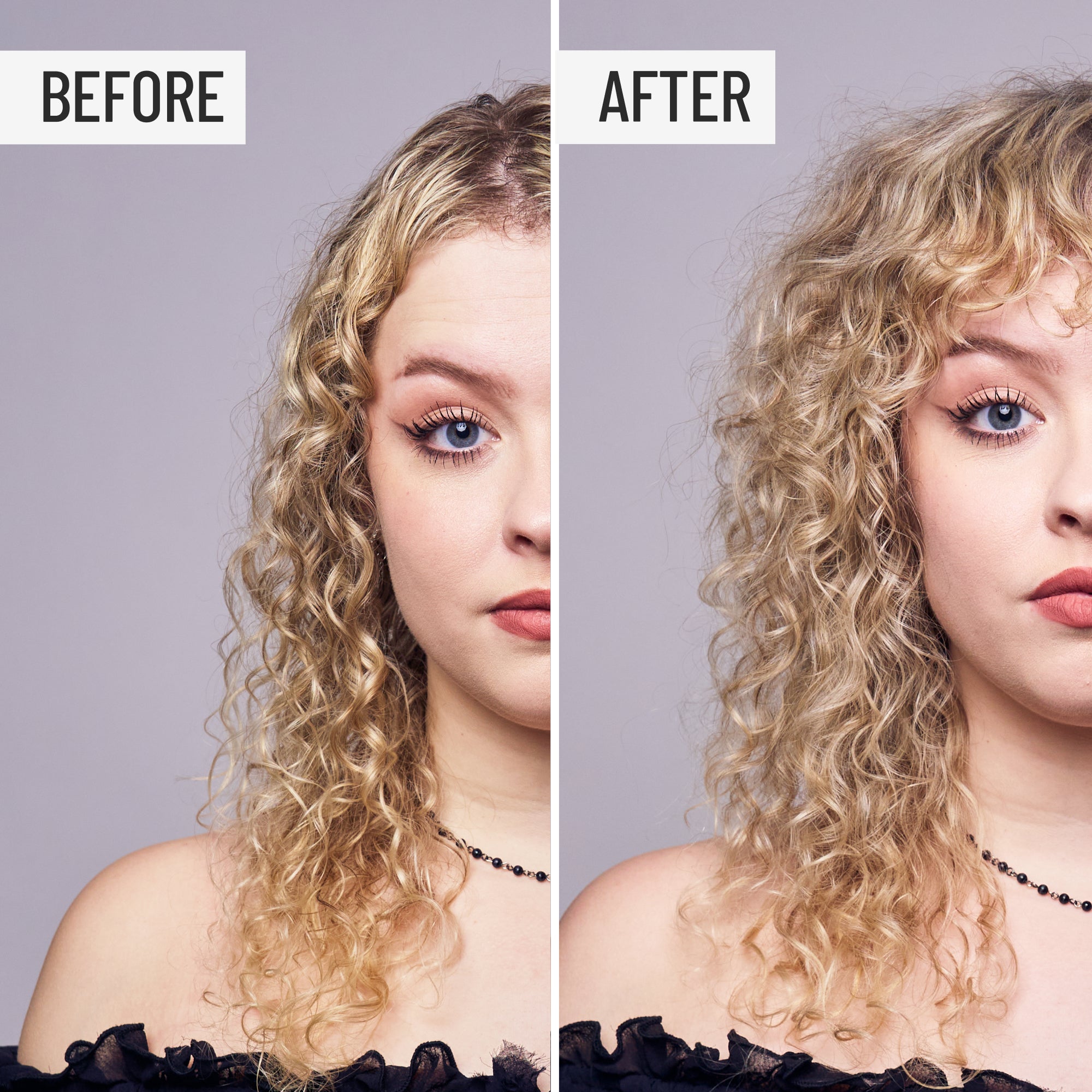Does this sound familiar?
You and your fellow hairdressers helped build professional product brands into the consumer successes they became. You read the brochures, attended the demos, watched the videos. You placed orders faithfully and kept up with the flood of new products at the salon front desk. You embraced the sell, sell, sell attitude – until it became a slog.
Are you pushing back? Are you planting a firm stake in “artist” territory? Are you defecting from the relentless salesmanship? We don’t blame you; it’s impossible for anybody in the average hair salon to: a) know everything there is to know about every hair product you’re tasked to sell, and b) believe in every hair care product on the shelf.
So consider a shift in your relationship with products and how you’re selling hair products.
WE’RE ALL IN SALES
One in 9 Americans has a sales-related job convincing people to buy things. But the other 8 also spend a lot of their time persuading others to make some sort of transaction. Most of us have a hustle of one kind or another: Share my post; buy my book; click on my link; follow me on Instagram; visit my shop; crowdfund my life.
“Like it or not, we’re all in sales now,” says Dan Pink, the bestselling author of To Sell is Human. “And most of us don’t like it. We think of sales as sleazy, cheesy, and slimy. But that view is outdated. An effective seller isn’t a huckster out for profit. The true salesman is an idealist and an artist.” Read that line again:
“An effective seller isn’t a huckster out for profit.
The true salesman is an idealist and an artist.”
Mr. Pink’s new ABCs of selling: Attunement, buoyancy, and clarity.
- Attunement means seeing things from your customer’s perspective. Effectively attuning yourself with others means deferring to their perspective, group, situation, or context.
- Buoyancy means not sweating the inevitable rejection. Get over it quickly and move on.
- Clarity means convincing someone to purchase by identifying a problem in need of a solution and explaining how you can help.
BE A PROBLEM SOLVER
Hair stylist, Wes Sharpton, shares his sales philosophy in the salon retail space: “We spent years learning how to will hair to take shape and to transform it. We have an intuitive feel for it, which anyone can see the moment we put fingers to strands. But our clients spent years learning about other things, and hair probably isn’t one of them. Products give us both a means to the same end, and they’re a way for clients to take home some of our magic.”
This is where attunement and clarity come into play. “This game is all about trust,” says Wes. “The best way to connect with products is to connect with people.” Most want bigger, smaller, curlier, straighter hair. What does your client want? What do they do for a living? What do they like? What do they want to achieve hair-wise? What are they willing to do to get there? How can a certain beauty product help? When the facts are on your side, questions are more persuasive than statements. Whether they are looking for frizz control, hair growth, scalp care, you name it, you will have the knowledge and expertise to point them to the right salon products for their needs.
It’s a myth that some people are “natural salespeople.” Actually, ambiverts (neither extroverts or introverts) are the best at sales.
Extroverts may talk too much and listen too little; introverts can be too shy to initiate and close. Today, the best salespeople must be skilled at both asking pertinent questions and offering useful information.
Wes is a natural problem-solver and loves having conversations during a consultation that “give me clues to a puzzle I get to figure out.” That extends to hair care products: “I wrap it in something that is about them, and leave them informed.”
THE PASSION POSITION
It’s natural – and necessary – to want to believe in what you sell. Find your passion and use it to connect. What is important to you as a hairstylist? How do you prefer to work? What is your aesthetic lane? Are you a glamour god/dess? An environmental activist? Cut through any hypocrisy or cognitive dissonance we’re all faced with these days and concentrate on what salon products align with your values. Authenticity, honesty, and transparency are the most valuable currency in today’s marketplace.
For example, when you are washing a client’s hair at the bowl, explaining why you use New Wash and why shampoo is so risky shows that you’re looking out for them. When you explain that the aroma they’re enjoying is the product of essential oils and nothing synthetic, their allergy antenna goes down. When you work your massage magic and you feel them release the weight of their head a notch, you know that they are giving you their trust. As a Hairstory stockist, your belief in the product will be conveyed and received by your clients as the optimum solution for hair care needs.
When you personally put yourself behind your hair product, it becomes less about selling and mostly about trusting. Mr. Pink sums it up nicely: “Among the things that distinguish our species from others is our combination of idealism and artistry – our desire both to improve the world and to provide that world with something it needs. Moving others doesn’t require that we neglect these nobler aspects of our nature. Today it demands that we embrace them. It begins and ends by remembering that to sell is human.”































